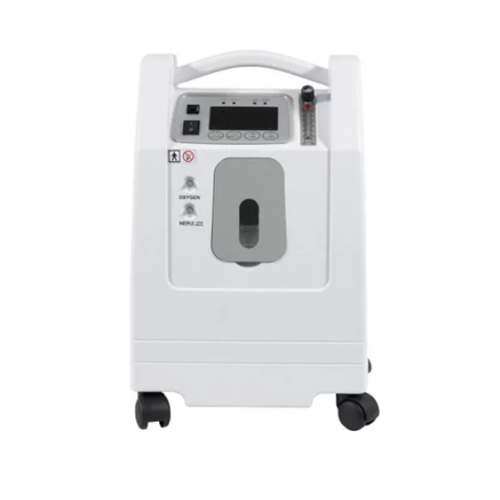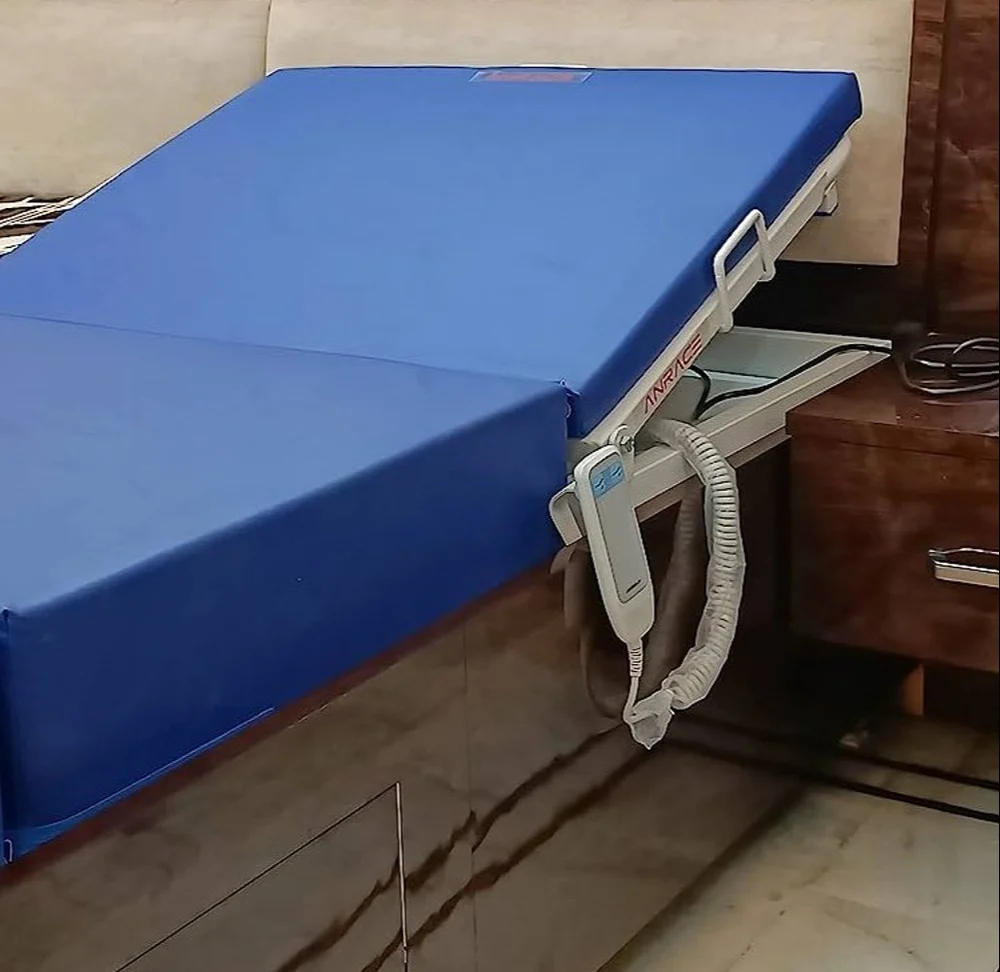Beyond the Physical: How Prioritizing Mental Health Can Prevent Relapse in Recovery
Recovery is often viewed as a physical process—detoxing from substances, healing from an injury, or regaining strength after illness. However, long-term recovery is not just about the body; it requires a deep commitment to mental and emotional well-being. Unresolved trauma, depression, and chronic stress can create vulnerabilities that increase the risk of relapse, making mental health care an essential component of sustainable healing.
By prioritizing therapy, mindfulness, daily reflections, and strong support systems, individuals in recovery can cultivate resilience, process emotional challenges, and develop coping mechanisms that promote lasting change. Understanding the psychological aspects of recovery is key to preventing relapse and maintaining overall well-being.
The Connection Between Mental Health and Relapse
Recovery is not a straight path. It is a process filled with highs and lows, progress and setbacks. While the physical aspects of healing may be visible, the mental and emotional struggles often go unnoticed until they interfere with progress. Ignoring these internal challenges can lead to frustration, emotional distress, and ultimately, relapse.
Several psychological factors contribute to the risk of relapse:
- Unresolved Trauma: Past traumatic experiences can resurface during recovery, triggering feelings of fear, anxiety, or emotional numbness. Without addressing these underlying issues, individuals may seek out old coping mechanisms that offer temporary relief but ultimately hinder progress.
- Depression and Anxiety: The mental strain of recovery, combined with changes in brain chemistry, can lead to feelings of hopelessness, low motivation, or excessive worry. These emotions, if left unaddressed, can make it difficult to stay committed to the recovery process.
- Chronic Stress: Everyday pressures such as financial difficulties, relationship struggles, or job insecurity can create overwhelming stress. Without healthy coping mechanisms, individuals may turn to substances or unhealthy behaviors to manage these feelings.
Understanding these challenges and taking proactive steps to address them can significantly reduce the likelihood of relapse and help individuals sustain their progress in recovery.
The Role of Therapy in Recovery
Therapy plays a crucial role in maintaining mental health during recovery. It provides a structured environment to explore emotions, identify triggers, and develop strategies to cope with difficult situations.
Different forms of therapy offer unique benefits:
- Cognitive-Behavioral Therapy (CBT): This therapeutic approach helps individuals recognize negative thought patterns and replace them with healthier, more constructive perspectives. By addressing irrational beliefs and self-defeating thoughts, CBT can improve resilience and emotional regulation.
- Trauma-Informed Therapy: For those dealing with unresolved trauma, specialized therapy techniques help process painful memories in a safe and supportive manner. Techniques such as Eye Movement Desensitization and Reprocessing (EMDR) and exposure therapy can reduce the emotional distress associated with past experiences.
- Group Therapy and Peer Support: Sharing experiences with others who understand the struggles of recovery can provide a sense of validation and encouragement. Group settings foster connection, accountability, and shared learning, all of which contribute to long-term success.
Consistent therapy can help individuals stay mindful of their emotional health, preventing them from falling back into old habits as a way to cope with stress or distress.
Mindfulness as a Tool for Emotional Regulation
Mindfulness is the practice of being present in the moment without judgment. It allows individuals to observe their thoughts and emotions without becoming overwhelmed by them. In recovery, mindfulness can be a powerful tool for reducing stress, increasing self-awareness, and preventing emotional triggers from leading to relapse.
Some mindfulness practices that can be particularly helpful include:
- Meditation: Regular meditation sessions can improve focus, enhance emotional stability, and promote relaxation. Even a few minutes of mindful breathing each day can help individuals regain control over their thoughts and emotions.
- Grounding Techniques: These exercises, such as focusing on sensory experiences or repeating affirmations, can help individuals stay anchored in the present rather than being consumed by anxiety or negative thoughts.
- Journaling: Writing down thoughts and emotions provides a space for self-reflection and helps individuals identify patterns in their mood or behavior. This can lead to better awareness of triggers and more effective strategies for managing them.
Practicing mindfulness consistently creates a stronger connection between the mind and body, allowing individuals to navigate recovery with greater clarity and emotional balance.
Daily Reflections and Self-Awareness
Self-awareness is a critical component of maintaining recovery. Taking time each day to reflect on emotions, behaviors, and progress can help individuals stay connected to their personal goals and recognize any early warning signs of relapse.
Daily reflections can take many forms, including:
- Morning Intentions: Starting the day with a clear intention or affirmation can set a positive tone for the hours ahead. Simple statements such as “I will prioritize my well-being today” or “I am in control of my choices” reinforce a sense of self-empowerment.
- End-of-Day Review: At night, reflecting on the day’s experiences, challenges, and achievements can provide insight into emotional patterns and highlight areas for growth. This practice helps individuals acknowledge progress while identifying areas where additional support may be needed.
- Gratitude Practice: Focusing on moments of gratitude, even in small ways, can shift the perspective from stress to appreciation. Recognizing positive aspects of life strengthens emotional resilience and reduces the urge to seek relief through old habits.
By making daily reflection a habit, individuals in recovery can stay attuned to their emotional needs and make adjustments before minor struggles escalate into major setbacks.
Building a Support System for Long-Term Success
Recovery is not something that should be navigated alone. A strong support system provides encouragement, accountability, and guidance during difficult moments. Having people to turn to can make all the difference in preventing relapse and sustaining mental well-being.
Support systems can include:
- Family and Friends: Loved ones can offer emotional reassurance and practical assistance when needed. Open communication and mutual understanding strengthen these relationships, making them a reliable source of support.
- Mentors and Sponsors: In many recovery programs, mentors or sponsors provide guidance based on their own experiences. These individuals can offer valuable advice and serve as a source of inspiration.
- Online Communities and Support Groups: Digital platforms and in-person meetings allow individuals to connect with others who share similar experiences. Engaging with a supportive community fosters a sense of belonging and reduces feelings of isolation.
- Professional Support Networks: Therapists, counselors, and medical professionals play a crucial role in long-term recovery. Regular check-ins with mental health professionals help individuals stay on track, work through emotional challenges, and receive professional guidance tailored to their specific needs.
A well-established support network acts as a safety net, providing stability and encouragement during moments of doubt or struggle. Knowing that help is available can reduce anxiety and reinforce the commitment to recovery.
Prioritizing Mental Health for Lasting Recovery
Recovery is a journey that extends beyond physical healing. Without addressing the mental and emotional aspects of well-being, the risk of relapse remains high. Unresolved trauma, stress, and negative thought patterns can create roadblocks, but incorporating therapy, mindfulness, daily reflection, and strong support systems into recovery increases the likelihood of long-term success.
By recognizing the importance of mental health and making it a priority, individuals can break free from cycles of relapse and build a future rooted in resilience and self-awareness. Recovery is not just about avoiding setbacks—it is about creating a life that is fulfilling, balanced, and sustainable.
*****
latest Blogs
categories
Categories
- Beauty Tips
- COVID-19
- Fitness tips
- Health & Wellness
- Health & Wellness Equipment
- Health and Wellness
- Health care
- Health Tips
- Healthcare & Medical Equipment Rental
- Healthcare Solutions
- Healthy Eating
- Home Healthcare Solutions
- Hospital Bed Rentals
- Life Style
- Medical Equipment Rentals
- Mental Health
- Nebulizer Machines
- Nursing Care Services
- Patient Care Solutions
- Prime Healers community
- Product information
- Product Review
- Renting an Oxygen Concentrator
- Respiratory Care
- Respiratory Care Solutions
- Uncategorized
- Wheelchair and Hospital Bed
- Wheelchair for Festivals






















